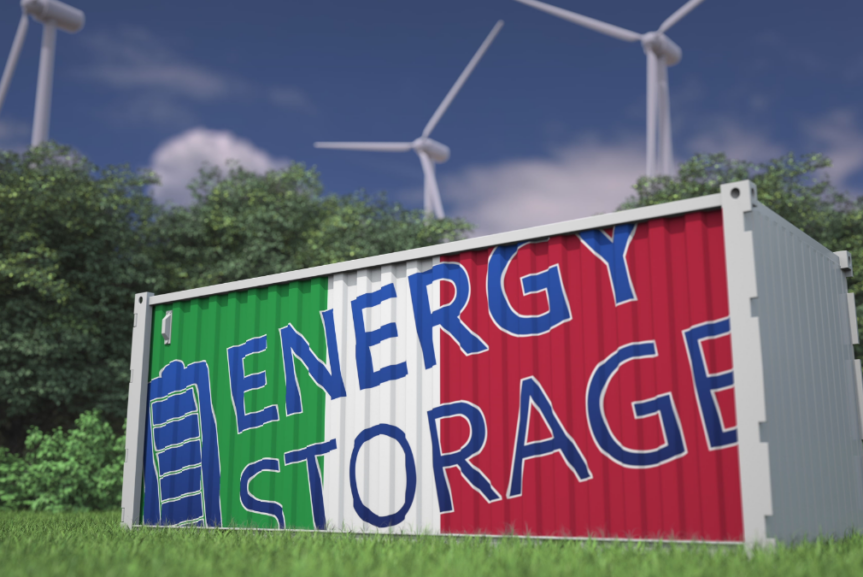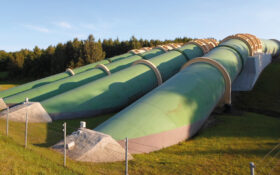The UK’s House of Lords Science and Technology Committee said it is “distressed” to see the government’s lack of a clear plan for energy supply and dithering over investment in long-duration energy storage (LDES).
It released a report today (Wednesday) ‘Long-duration energy storage: get on with it’, and said major decisions about energy infrastructure must be taken and implemented urgently.
The report noted the government’s recent energy system reforms, but said it is unclear who is responsible for implementation or managing future energy supply crises.
The report comes the day after UK Tory Energy Security Secretary, Claire Coutinho, announced a commitment to the building of new gas power stations. Baroness Brown of Cambridge, chair of the House of Lords Science and Technology Committee, said it was disappointing the government seems to be focused on fossil fuels as a stop gap and not LDES as a secure solution.
Her committee’s report made a number of demands on the government:
- commit to a strategic reserve of LDES
- urgently make key decisions and coordinate delivery of its energy system plan
- set an explicit minimum target for LDES, with business model details
- clarify the role of hydrogen and invest in it
- act with urgency and reduce timelines for grid connection
- engage and communicate with the public to ensure support.
Baroness Brown, a former engineer, said: “Wind and solar offer cheap, domestic electricity and will form the core of the expanded and decarbonised grid needed to deliver Net Zero in the UK. But their generation varies over time with the weather. Long-duration energy storage technologies are essential to allow the UK to maintain security of supply with a high proportion of renewable generation on the grid.
“The combination of renewables with energy storage will enable the UK to build an economy insulated from dependence on volatile energy markets and imported fossil fuels. But storage isn’t just about batteries. Long duration storage that can store energy for days, weeks and even years will be key, and offers the prospect of the UK being able to build an energy storage industry.”
The committee added LDES facilities can take 7–10 years to build, so immediate action is needed to ensure the private sector sees a clear investment case.
The report stated the UK is vulnerable to global energy supply shocks. It spent £265 billion ($339 billion) on energy in 2022, with £100 billion ($128 billion) of that on oil and gas imports, compared to £159 billion ($203 billion) in 2010.
The committee’s inquiry started in September 2023 to consider the role of LDES and government policies.
Photo: Baroness Brown of Cambridge. Her House of Lords Science and Technology Committee said the government is dithering and lacks a clear plan for energy supply












